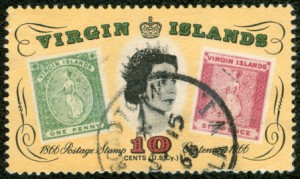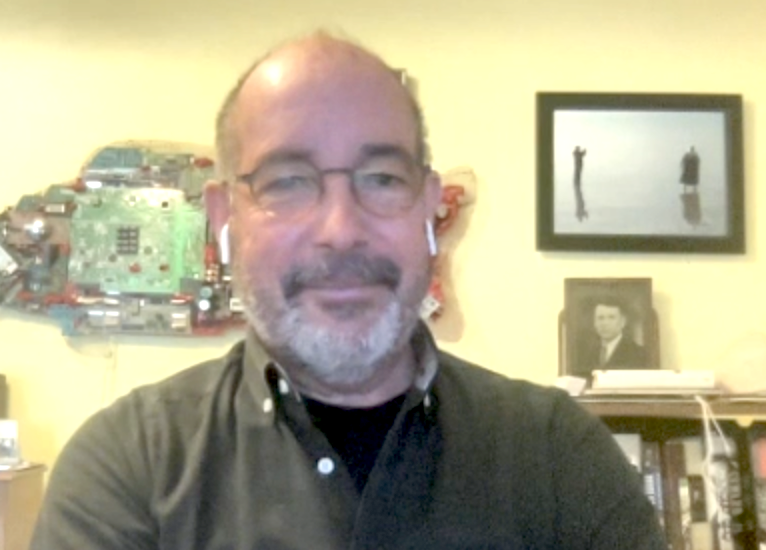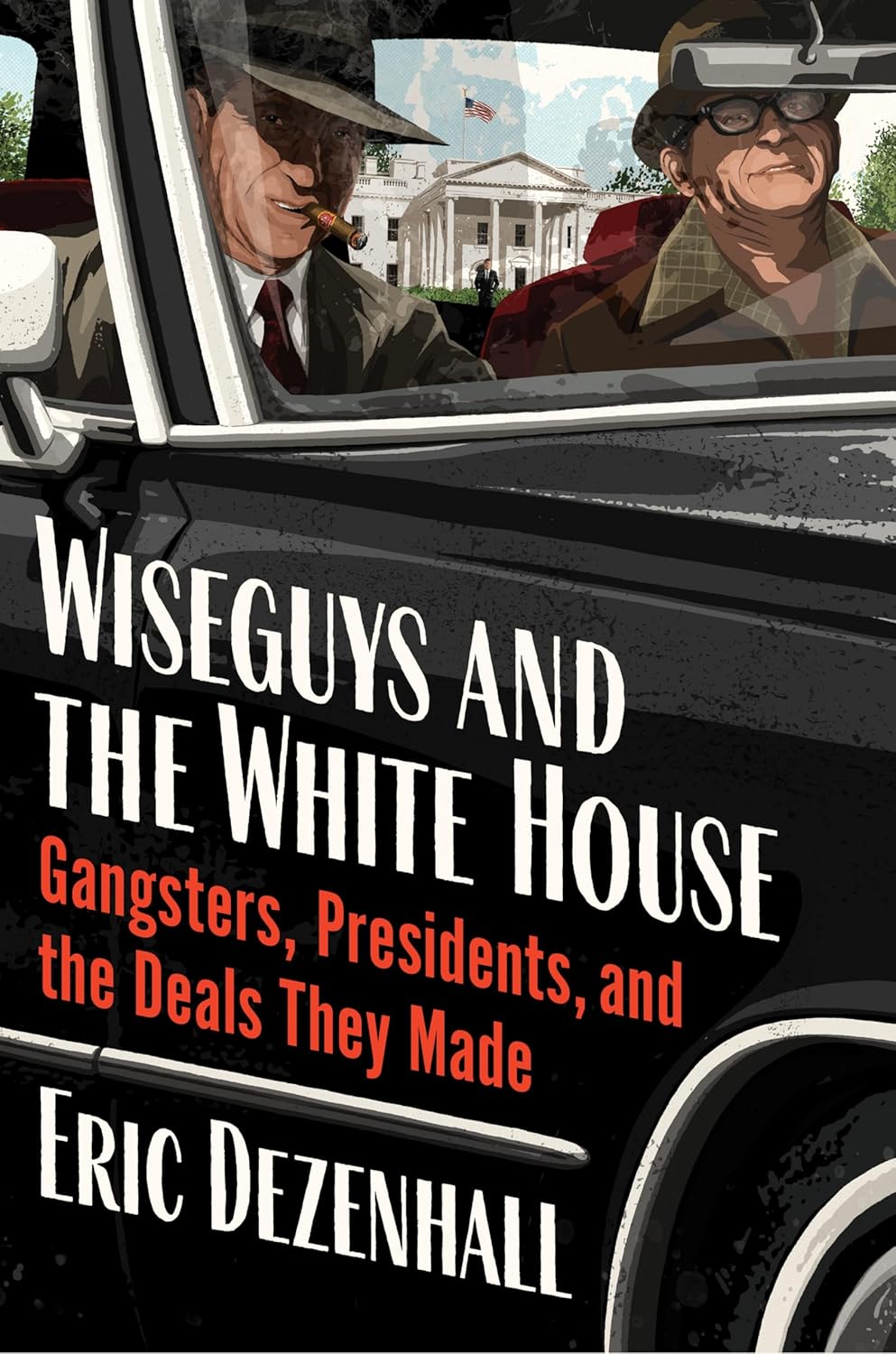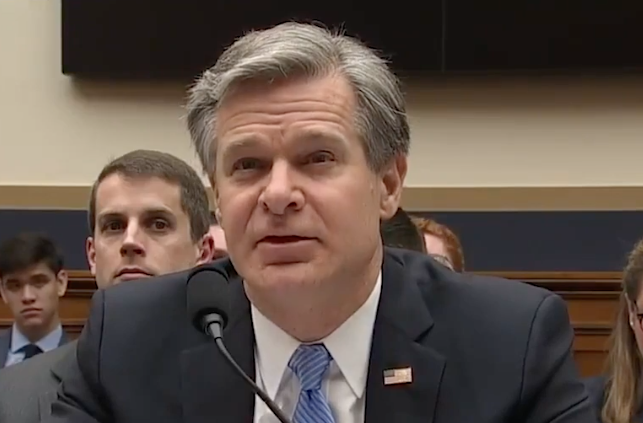 By Allan Lengel
For AOL News
By Allan Lengel
For AOL News
WASHINGTON — From Capitol Hill to the Caribbean, a controversy is growing over a decision by Virgin Islands officials to charge a federal agent with second-degree murder in a 2008 shooting. The agent, William Clark, remains on the job at the Bureau of Alcohol, Tobacco, Firearms and Explosives — and his agency is adamant that he has done nothing wrong.
The ATF responded to the charge by removing its agents, including Clark, from the U.S. territory. And in Washington, U.S. Rep. Chris Lee, R-N.Y., on Monday night introduced a congressional resolution applauding Clark for his “heroic action” in the 2008 incident.
“The ATF incident review examined the circumstances and cleared Will of any wrongdoing,” Lee said in a statement to AOL News. “Will is a hero who acted in self-defense while protecting a battered woman from an intoxicated, abusive man.”
But the congressional delegate from the Virgin Islands described her colleague’s actions as an attempt to meddle with a case that is “rightfully before the court.”
Delegate Donna M. Christensen told AOL News that while the Clark incident has created “tension” with some congressional colleagues, she is reluctant to second-guess “my police and attorney general, who felt there was enough of a question that excessive force was used.”
She also dismissed suggestions by critics that the Virgin Islands police are “incompetent or the courts are not giving him a fair hearing. I think it’s an unfair criticism. I think he has every expectation and assurance he’s going to get a fair hearing.”
The trial, which will begin in October, is being prosecuted in the Virgin Islands Superior Court, the equivalent of a state court.
The incident in question happened on Sept. 7, 2008, in St. Thomas, where Clark was living at the time. He had been stationed in the Virgin Islands to help battle the territory’s problem with gun violence.
According to accounts by the ATF and Rep. Lee, Clark left his apartment that morning and found his neighbor Marguerite Duncan crying and trembling.
“She pleaded for his help, knowing that Clark was a federal agent,” Lee wrote to congressional colleagues in a June 30 letter trying to stir support for his resolution backing the agent.
The woman’s boyfriend, Marcus Sukow, who was naked and supposedly intoxicated, reportedly started pounding on her car hood and throwing large landscaping rocks.
According to Lee, Clark tried calming the man, to no avail. The man allegedly made threats and eventually came charging at Clark with a Maglite flashlight, which is considered a potentially lethal weapon. The agent opened fire, killing Sukow.
An ATF shooting review panel found that Clark acted reasonably in the situation.
“Notwithstanding ATF’s conclusion,” Ken Melson, deputy director of the ATF, recently said in an internal message to agency employees obtained by AOL News, “the Virgin Islands Territorial Court refused to consider Special Agent Clark’s claim that, as a federal law enforcement officer, he is immune from territorial prosecution under the Supremacy Clause of the United States Constitution.”
The Supremacy Clause provides protections for agents operating within the scope of their job, but Virgin Islands officials have said it’s unclear if it applies in the U.S. territories.
Consequently, there is a movement afoot to try to pass legislation that would provide more protections for federal agents in the Virgin Islands. Meanwhile, the U.S. Attorney’s Office in the Virgin Islands said today that other federal agencies continue to work in the territory.
The intensity of the controversy knocked up a notch when Lee circulated his June 30 letter to congressional colleagues. “In short, the court ruled that the U.S. Constitution does not apply in the Virgin Islands,” it concluded.
Then on July 14, Christensen fired off one of her own. “I believe this request is an inappropriate attempt to have the U.S. Congress take a position in a matter that is rightfully before the courts,” she wrote in the letter to her colleagues.
“After reviewing the facts of the case, along with interviewing several witnesses, which included an attorney, a former prosecutor and a security guard, the U.S. Virgin Islands Attorney General concluded that the Agent Clark acted with excessive force,” she wrote. “Moreover, the domestic abuse victim to whose defense he came has also stated that his response to the incident was excessive.”
Jon Adler, president of the Federal Law Enforcement Officers Association, which has been actively monitoring the Clark case, responded to Christensen’s letter the next day with a press release, saying: “When the Virgin Islands willfully tramples on the integrity of the American rule of law, there is a reasonable expectation that our Congress will in fact intervene on behalf of an American hero: Special Agent Will Clark.”
Adler admits the war of words hasn’t been pretty. But he tells AOL News: “[Virgin Islands officials] were the first to draw blood, so to speak. If you will, they declared war on us.”





